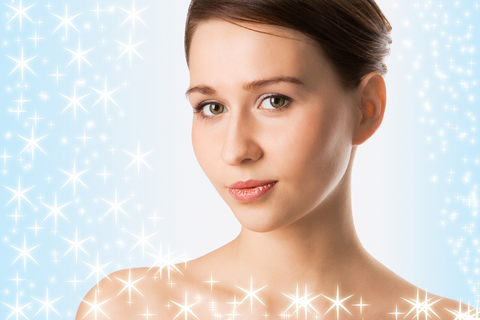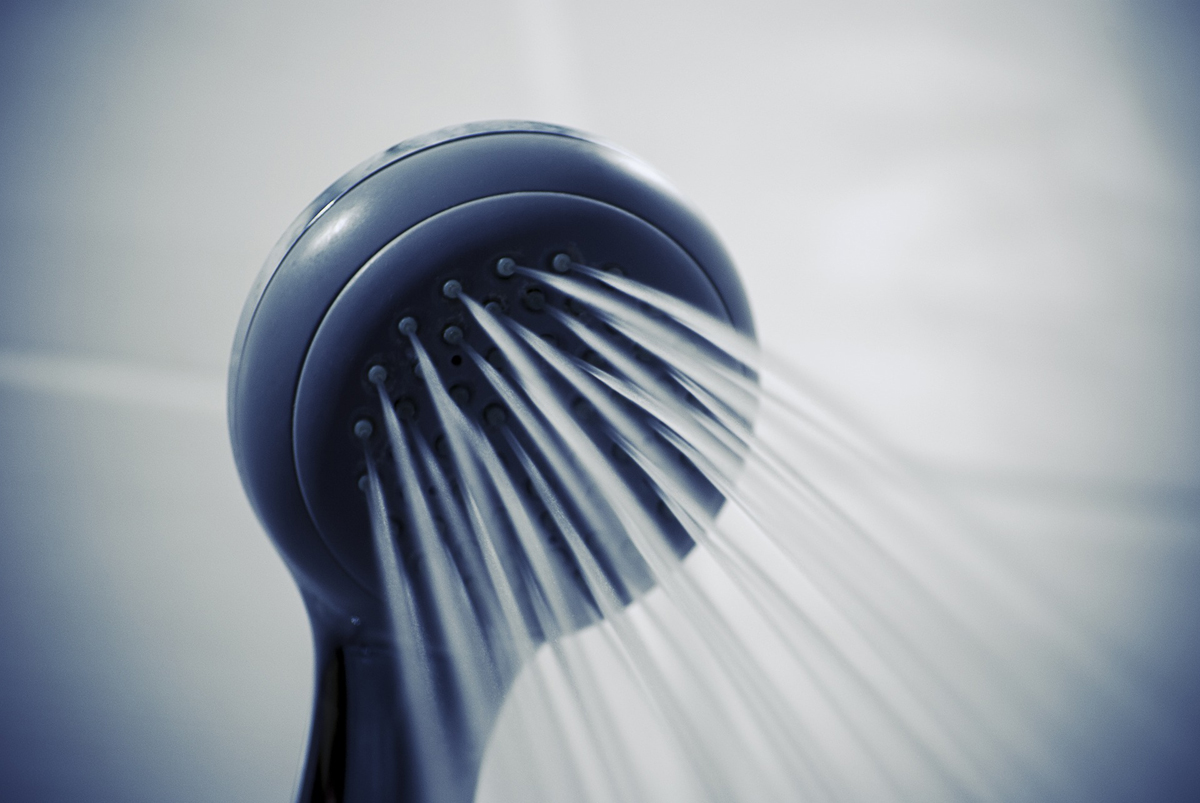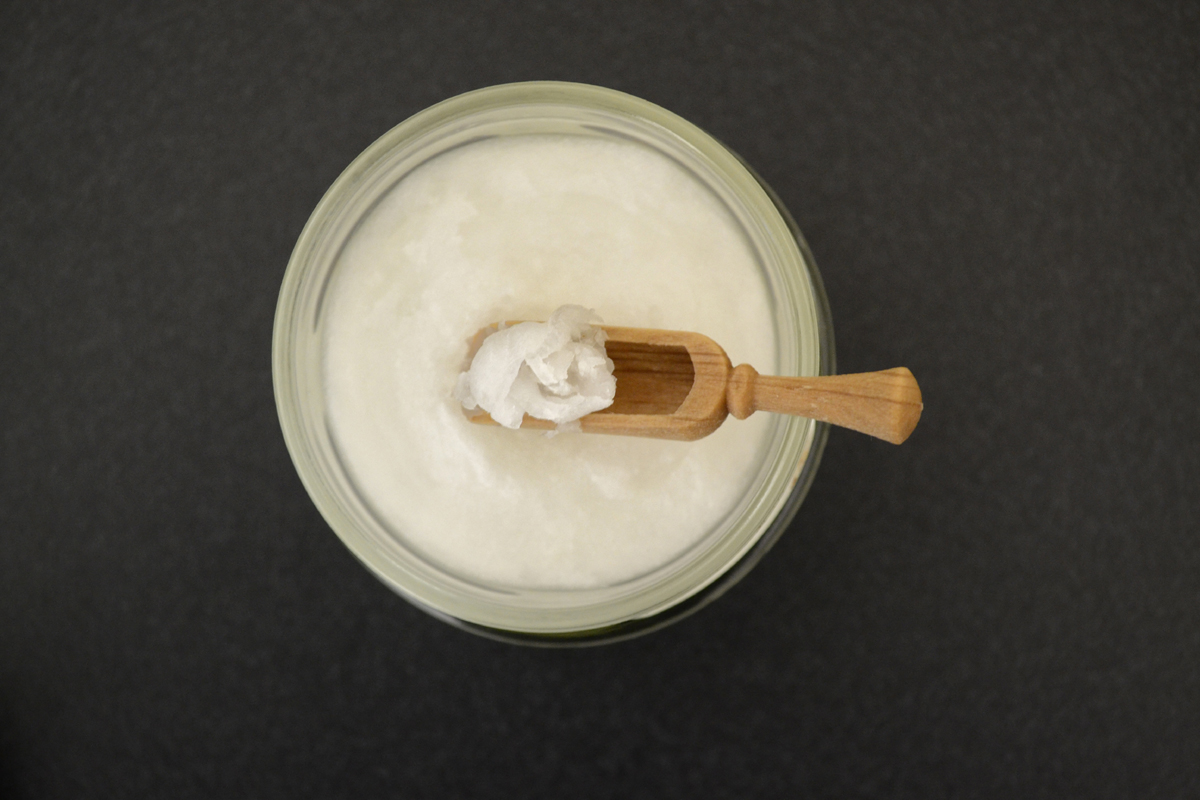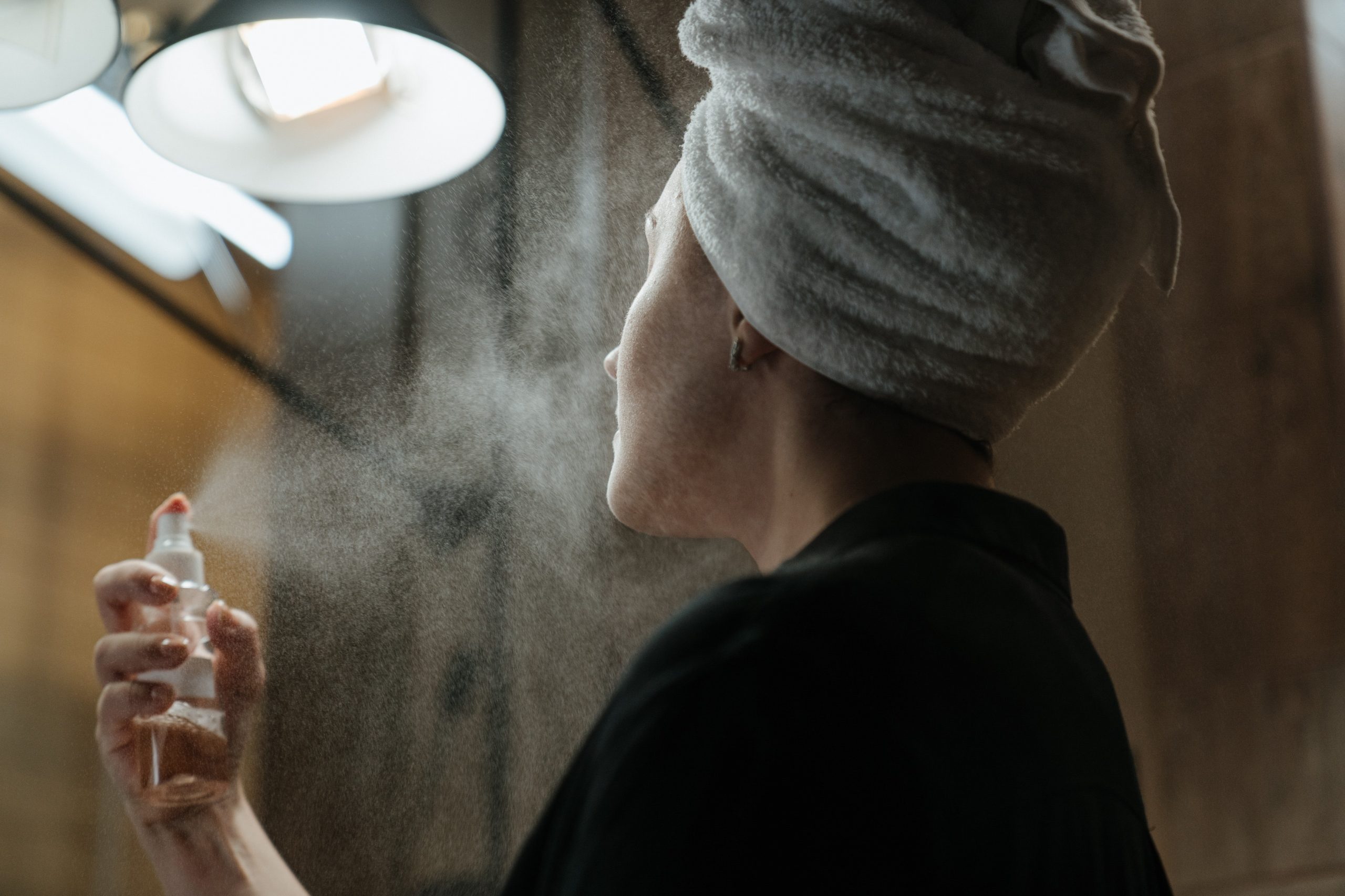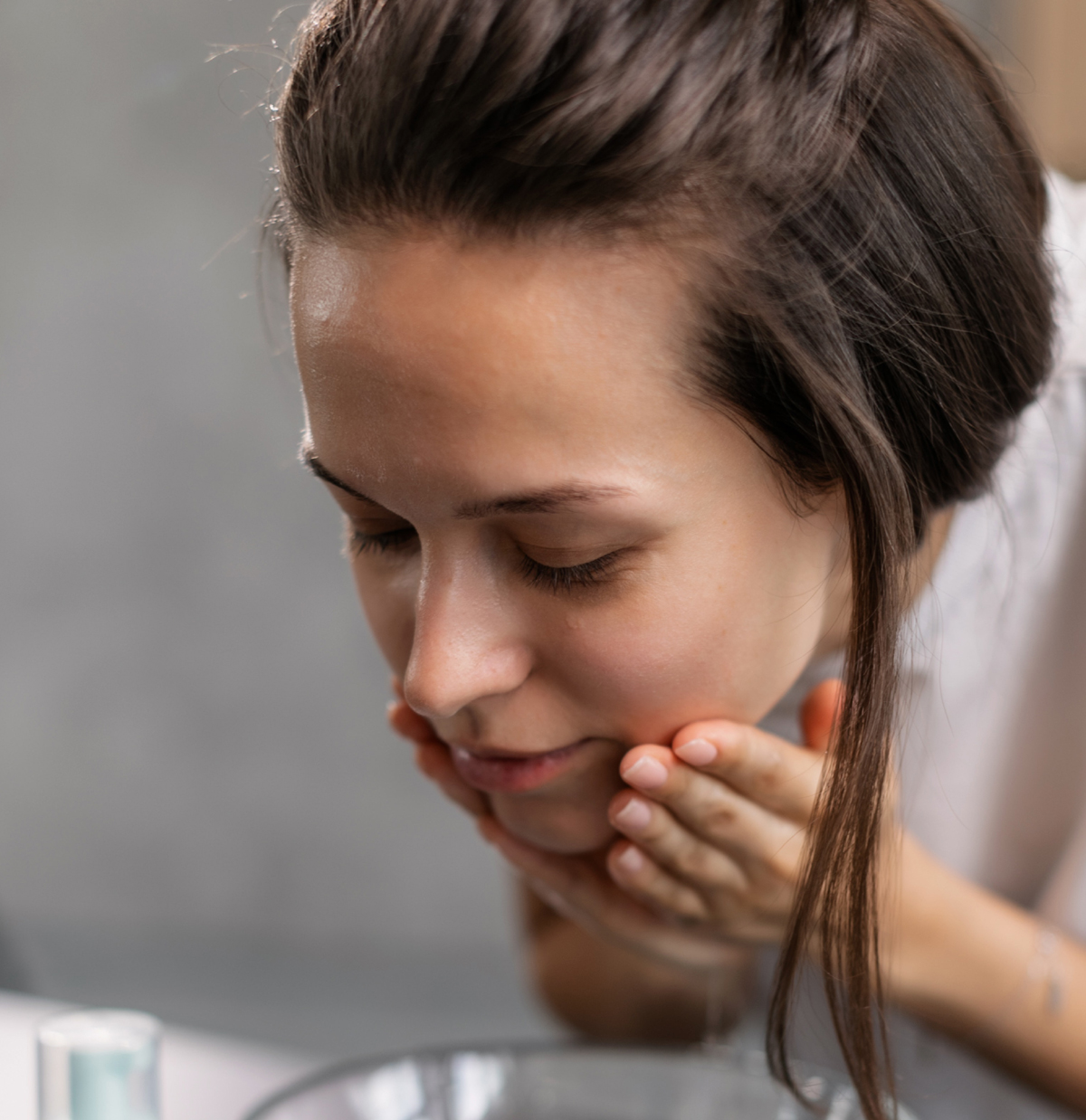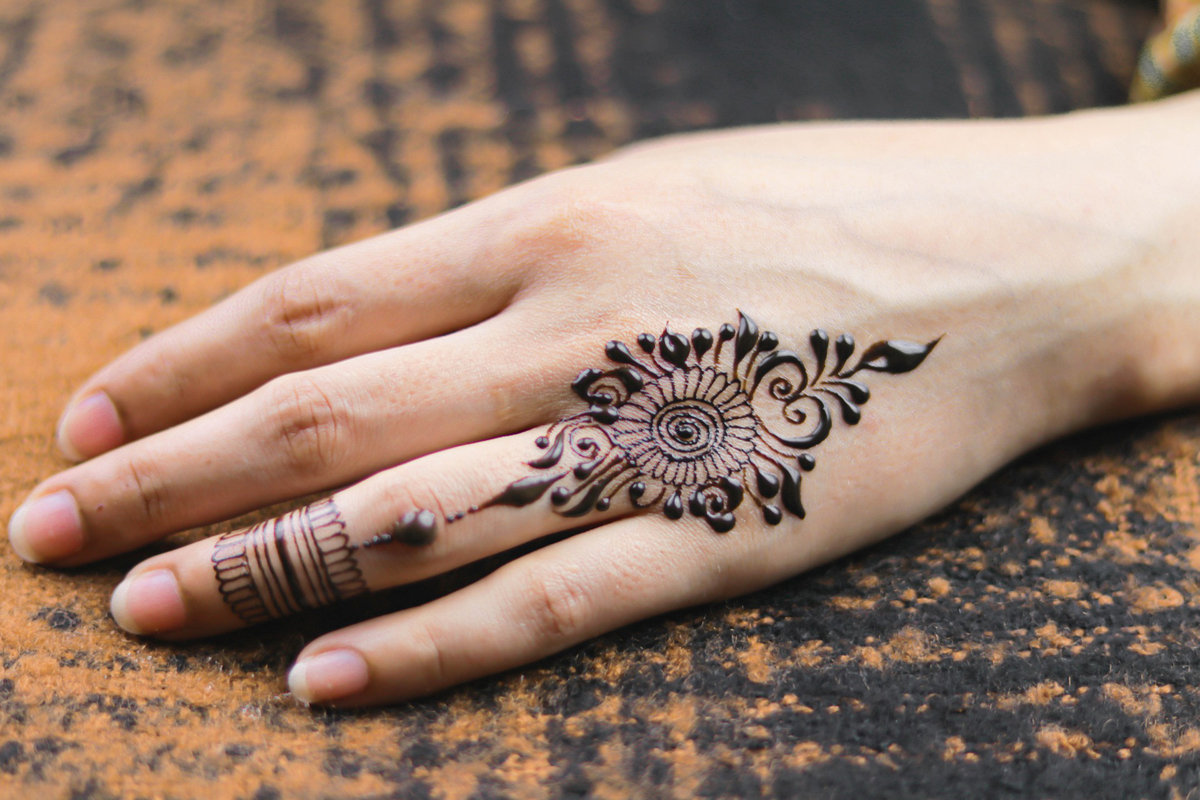Do You Read The Label?
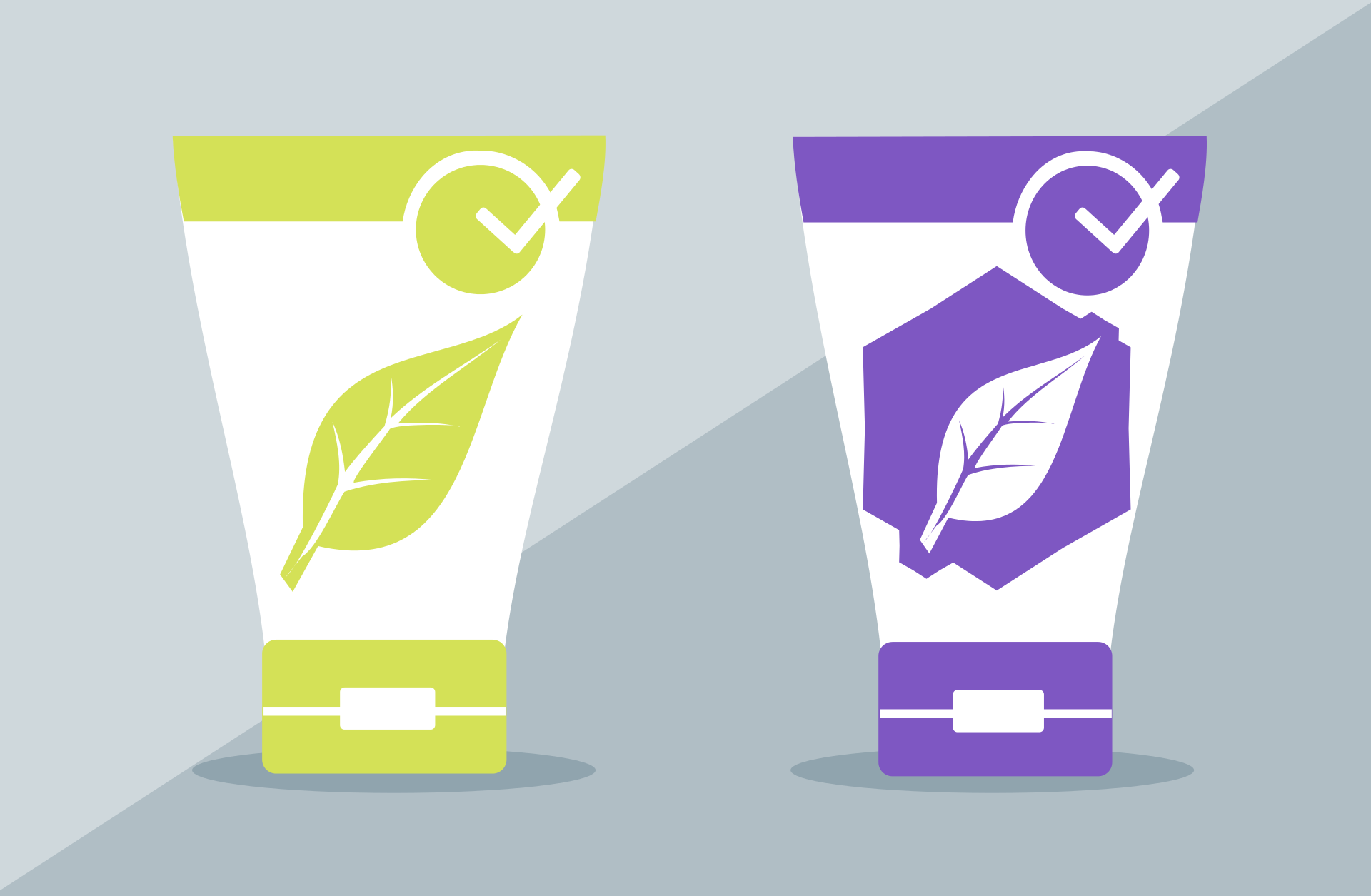
The first ingredient of any product is what makes up the majority of that product. For example if the first ingredient of your cleanser is water, than the majority of your cleanser is nothing but water. That is why it is important to know what is in your products. Are you interested in knowing what you are applying to your skin? Just as there are healthy and unhealthy foods, the same applies to skincare products.
Here is a list of skincare ingredients to avoid:
Mineral Oil
A liquid mixture of hydrocarbons obtained from petroleum, mineral oil can attract dirt and causes blackheads and eruptions. It can accelerate free radical damage, thus speeding up the aging process, because it causes toxins to build up in the skin.
Paraffin, Beeswax, Candellia Wax, Carnuba Wax
Waxes are widely used in cleansing creams, eye creams and moisturizers. Waxes clog pores creating blackheads and whiteheads. They also smother the skin, which over a period of time, creates an enlarged pore problem.
Lanolin
A yellow, semi-solid, fatty secretion from sheep’s wool is widely used in skin and beauty care products. It can cause an allergic reaction in some people, as well as enlarged pores.
Petrolatum
This familiar semi-solid mixture of hydrocarbons is derived from petroleum. Literally, “paraffin jelly” or “petroleum jelly” – it is not absorbed by the skin and suffocates pores. All petrochemicals pollute our water and destroy marine life – avoiding them is essential for humans, animals, fish, water, land and air.
Acetone
Used in nail polish and nail polish removers, this colorless, volatile liquid is often used in astringents, fresheners or clarifying lotions. It is extremely toxic and will dehydrate the skin while speeding up the aging process.
Borax (Sodium Borate Boric Acid)
Used in baby powders, eye creams, skin fresheners, and protective creams as a preservative- it is rapidly absorbed by the skin. And it is still widely used, despite repeated warnings from the American Medical Association.
Alcohols such as Isopropyl Alcohol, Alcohol 40,
Ethyl Alcohol
Alcohols dissolves the body’s own natural moisturizers and strips the skin of its own protection, leaving it vulnerable to infection. Alcohols destroy the skin ph balance and since they absorb water they speed up wrinkling of the skin.
FD&C
When this abbreviation precedes the name of a color, it means that the FDA (Food and Drug Administration) has certified it as safe for use in drugs and cosmetics, but not in food. D&C colors are usually synthetic, coal tar colors; they’re toxic and should be avoided when at all possible.
I challenge you to read labels, to find out what is safe and effective and would benefit you and your skin the most. There are many safe products on the market today and they are not expensive and easy to use and will have your skin looking healthy and radiant.
The Author:
Marylee Evans – Independent L’Bri Consultant

